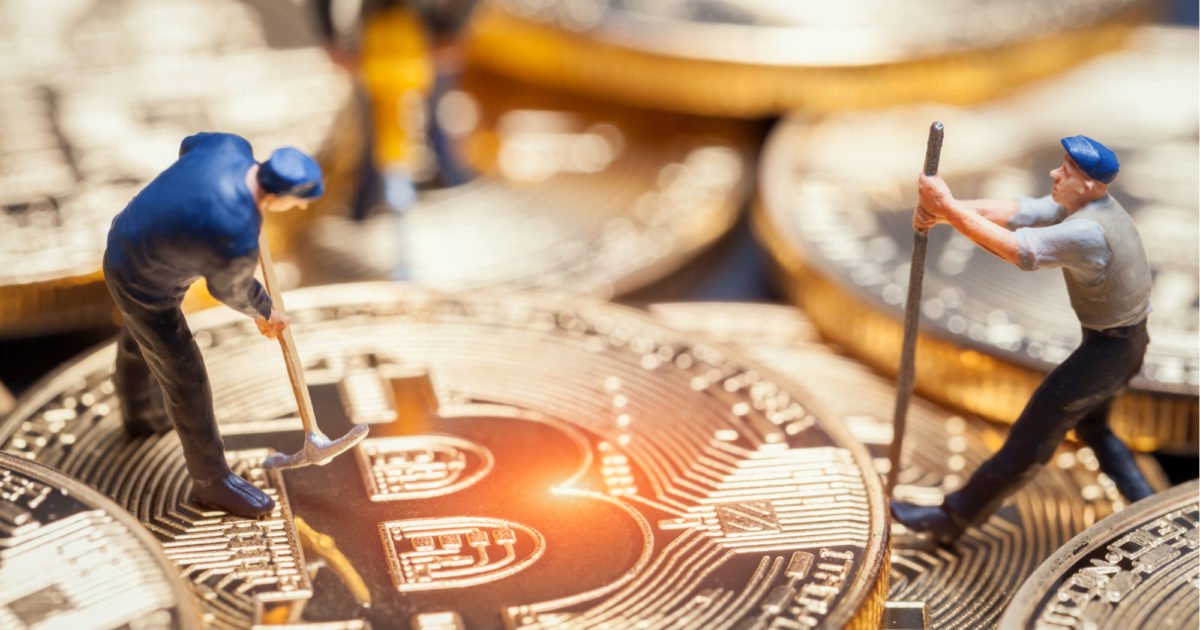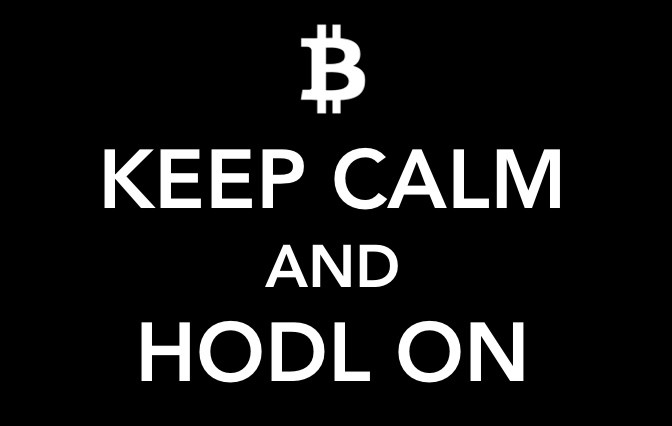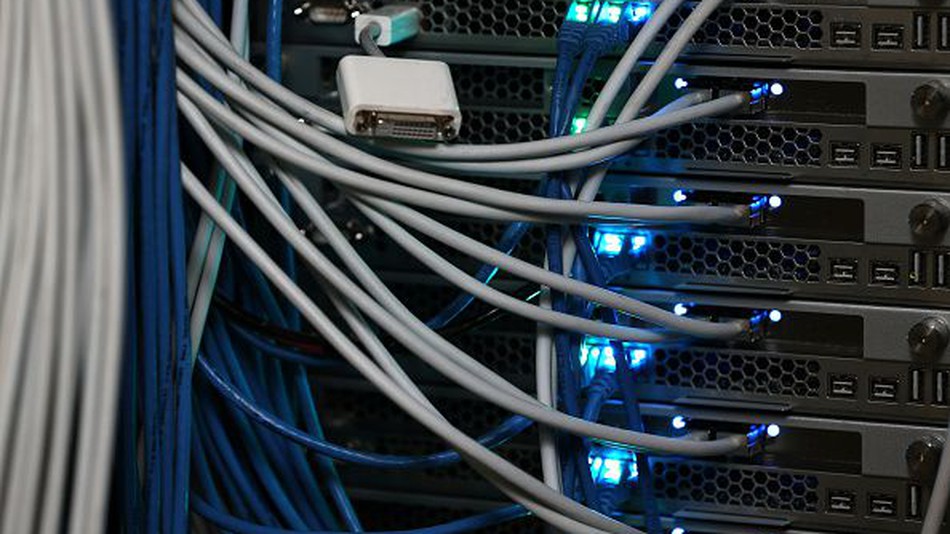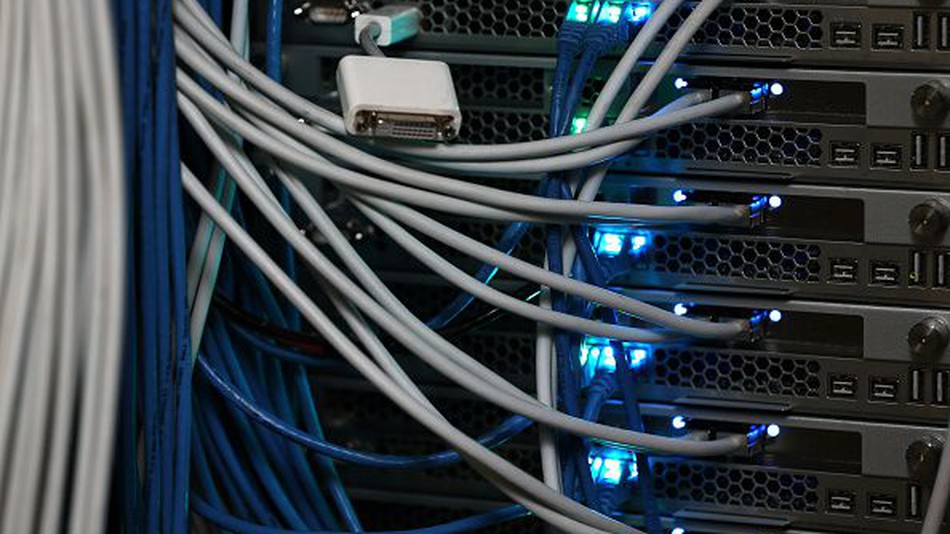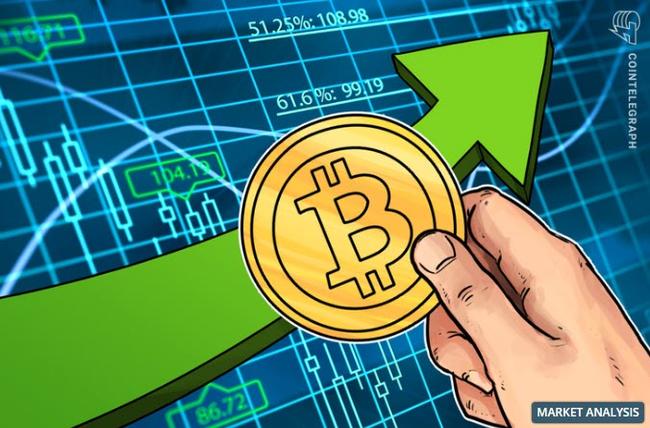This is the untold truth of bitcoin, the cryptocurrency that (maybe) changed everything.
While some of us are still figuring out how to adjust our Facebook privacy settings, everyone and their grandmother seems to be getting in on this juicy digital currency action that’s dominating headlines everywhere. People you didn’t think even owned a computer are using words like “cryptobroker.” Late night talk shows are running skits based around how complicated bitcoin is to explain. Björk is encouraging her fans to use it to pay for her new album, and Lily Allen is expressing regret over not having accepted it as payment a few years ago.
But even if we won’t admit it at the risk of seeming hopelessly uninformed, a lot of us are still stuck at the starting gun asking some very basic questions: What exactly is bitcoin and what is actually going on? Should you take out a second mortgage on your home just so you can have a crypto-piece of the crypto-pie? Well no, you probably shouldn’t. Just breathe, relax, put down the college tuition, and let’s all get a bit more informed before doing something we regret. This little currency that could has had quite the journey so far, but how far can it really go?
Before bitcoin started getting tech stock yuppies all hot and bothered by becoming the investment behemoth it is today, it’s aspirations were actually much more philosophical and political in nature. After the financial crisis in 2008, it was made abundantly clear that the system we’d all found ourselves in had major flaws, and people were hungry for an alternative. Then, shortly afterward, came bitcoin.
As the New York Times explains, bitcoin’s creation was chiefly motivated by a desire to remove the government’s control over money and to put that control in the hands of everybody else. With bitcoin, according to its most devoted advocates, everyone who participates in the system is controlling how it works. It can’t be shut down, it’s anonymous, and you know the currency you’re sending is going directly to another person. This attracted a particularly large libertarian and anarchist following early on, and a genuine movement of sorts was born before ultimately being steamrolled by the investment hype machine.
Perhaps more significantly, people were excited at the prospect of being able to move money around the world much more easily. By avoiding banks and wire transfer companies with bitcoin, people sending money overseas would cut down drastically on debilitating fees, not to mention the 2 billion people around the world without bank accounts who could suddenly join the world of commerce. Though not as saucy as, say, the Occupy movement, bitcoin and other cryptocurrencies could theoretically democratize international finance.
Source/More: The untold truth of bitcoin


